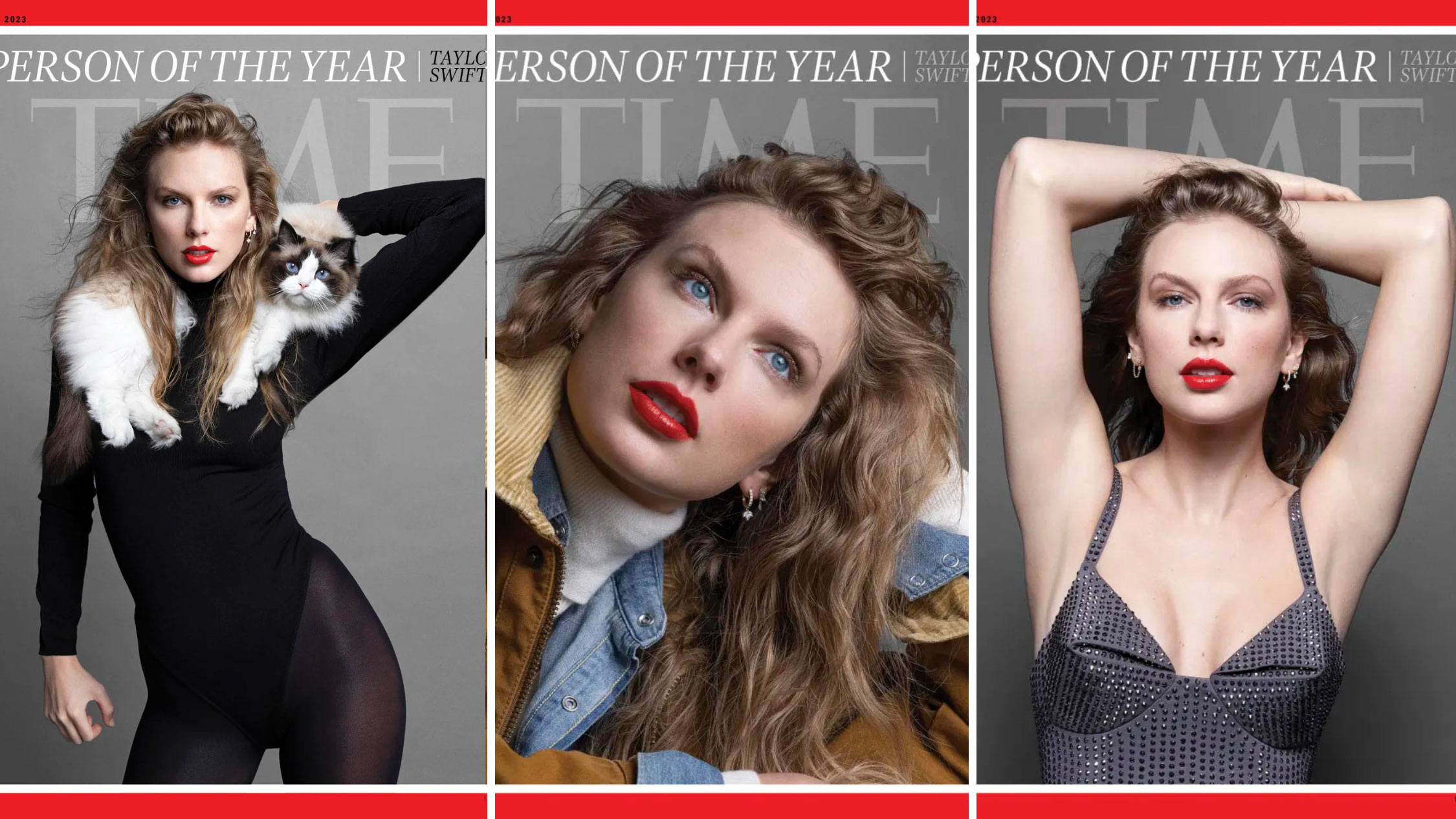What to Know
- Actor Jonathan Majors was convicted of assaulting his former girlfriend during a chaotic confrontation in New York City.
- The court case has centered on allegations brought by Grace Jabbari, a 30-year-old British dancer who said the “Creed III” actor struck her on the side of the head, twisted her arm and broke her finger during a dispute
- The 34-year-old Majors was found guilty on two of the four counts he was facing, with the Manhattan jury convicting him on third-degree assault and second-degree harassment following a two-week trial. In a mixed verdict, he was acquitted of a different third-degree assault charge, as well as aggravated harassment.
Actor Jonathan Majors was convicted of assaulting his former girlfriend during a chaotic confrontation in New York City.
The 34-year-old Majors was found guilty on two of the four counts he was facing, with the Manhattan jury convicting him on third-degree assault and second-degree harassment following a two-week trial that the actor hoped would salvage his damaged reputation and restore his status as an emerging Hollywood star.
In a mixed verdict, Majors was acquitted of a different third-degree assault charge, as well as aggravated harassment.
Get New England news, weather forecasts and entertainment stories to your inbox. Sign up for NECN newsletters.
Majors, who was asked to stand and face the jurors as the verdict was read, showed no immediate reaction, looking slightly downward. His sentencing was set for Feb. 6.
The jury in the criminal trial had been deliberating since Thursday, after the closing arguments of a trial that featured clashing narratives about whether the rising Hollywood star was the aggressor or victim during a fight with his then-girlfriend that began in the back seat of a car.
The criminal case had centered on allegations brought by Grace Jabbari, a 30-year-old British dancer, who said the “Creed III” actor struck her on the side of the head, twisted her arm behind her back and squeezed her middle finger until it fractured during a dispute last spring. She had said the attack inside the vehicle left her in “excruciating” pain.
Major's lawyer portrayed Jabbari in closing arguments as a compulsive liar who concocted a story of an abusive relationship as revenge after catching her boyfriend of two years texting another woman. They said Jabbari had spread a “fantasy” to take down the actor, who was only trying to regain his phone and get away safely.
Majors arrived in the courtroom each morning carrying a gold-leaf Bible, offering hugs to his family members and his current girlfriend, actress Meagan Good, before taking his seat. Expressionless for much of the testimony, he wiped away tears as his attorney, Priya Chaudhry, urged jurors during closing arguments to “end this nightmare for Jonathan Majors.”
Prosecutors, meanwhile, had said the actor “struck a blow” to his partner's head that left her stunned in the back seat of a car. They said the assault was the latest escalation in Majors' repeated attempts to “exert control” over his girlfriend through both physical and emotional violence, citing a past instance in which he allegedly urged her not to seek medical attention for a head injury because it could “lead to an investigation.”
The verdict dealt a major blow far outside the courtroom for Majors, who was on the verge of Hollywood stardom until his arrest in March sent his career into a tailspin. Prior to his arrest, Majors' “Kang the Conquerer” character was being set up as the next major supervillain in the Marvel universe. His prestige drama, “Magazine Dreams,” was postponed from its scheduled release earlier this month.
But as Majors sought vindication from the jury, the trial also brought forth new evidence about his troubled relationship with Jabbari, whom he met on the set of “Ant-Man and the Wasp: Quantumania” two years ago.
The struggle in the back of the car was not captured on video. But in their closing arguments, each side furnished security footage depicting scenes leading up to and after the dispute that they said underscored their point.
Over four days of tearful testimony, Jabbari said Majors was excessively controlling and prone to fits of explosive rage that left her afraid “physically quite a lot.” She broke down on the witness stand as a jury watched security footage from the aftermath of the backseat confrontation, which prosecutors said showed Majors “manhandling” her and shoving her back in the car “as if she was a doll," according to Manhattan assistant district attorney Kelli Galaway.
Minutes later, footage showed Majors sprinting through the darkened streets of Lower Manhattan in an effort to evade Jabbari, who said she wanted details about the “romantic” text message she had seen on his phone. The video, according to the defense, served as proof that “Jonathan was trying to escape Grace and Grace kept attacking him.”
“He called 911 out of concern for her, and his fear of what happens when a Black man in America came true,” Chaudhry said, accusing police and prosecutors of failing to take seriously Majors’ allegations that he was bloodied and scratched during the dispute.
Accusing Majors of a “cruel and manipulative pattern” of abuse, prosecutors shared text messages that showed the actor begging Jabbari not to seek hospital treatment for an earlier head injury. One message warned “it could lead to an investigation even if you do lie and they suspect something.”
They also played audio of Majors declaring himself a “great man,” then questioning whether Jabbari could meet the high standards set by the spouses of Martin Luther King Jr. and Barack Obama. Majors’ attorneys countered that Jabbari had surreptitiously recorded her boyfriend as part of her plot to “destroy” his career.
After Majors had fled the scene, Jabbari followed a group of strangers she had met on the street to a dance club, where she could be seen on grainy security footage ordering shots and using her injured hand to hold a champagne glass and sign a check.
That footage, the defense argued, proved she was unharmed following the incident. But prosecutors countered that Jabbari had not discovered the extent of the injuries until the following morning – at which point she sent photographs of her bruised hands and a cut to a friend.
Majors did not take the stand. Chaudhry said her client was the victim of “white lies, big lies, and pretty little lies” invented by Jabbari to exact revenge on an unfaithful partner.
“She was revenge-partying and charging Champagne to the man she was angry with and treating these strangers to fancy Champagne she bought with Jonathan’s credit card,” Chaudhry alleged.
The next morning, after finding Jabbari unconscious in the closet of their Manhattan penthouse, Majors called police. He was arrested at the scene, while Jabbari was transported to a hospital to receive treatment for the injuries to her ear and hand.
In her closing arguments, prosecutor Kelli Galaway said Majors was following a well-worn playbook used by abusers to reverse the narrative by casting their victims as attackers.
“This is not a revenge plot to ruin the defendant’s life or career,” Galaway said. ”What matters is what happened in the car that night...You were asked why you are here? Because domestic violence is serious.”



